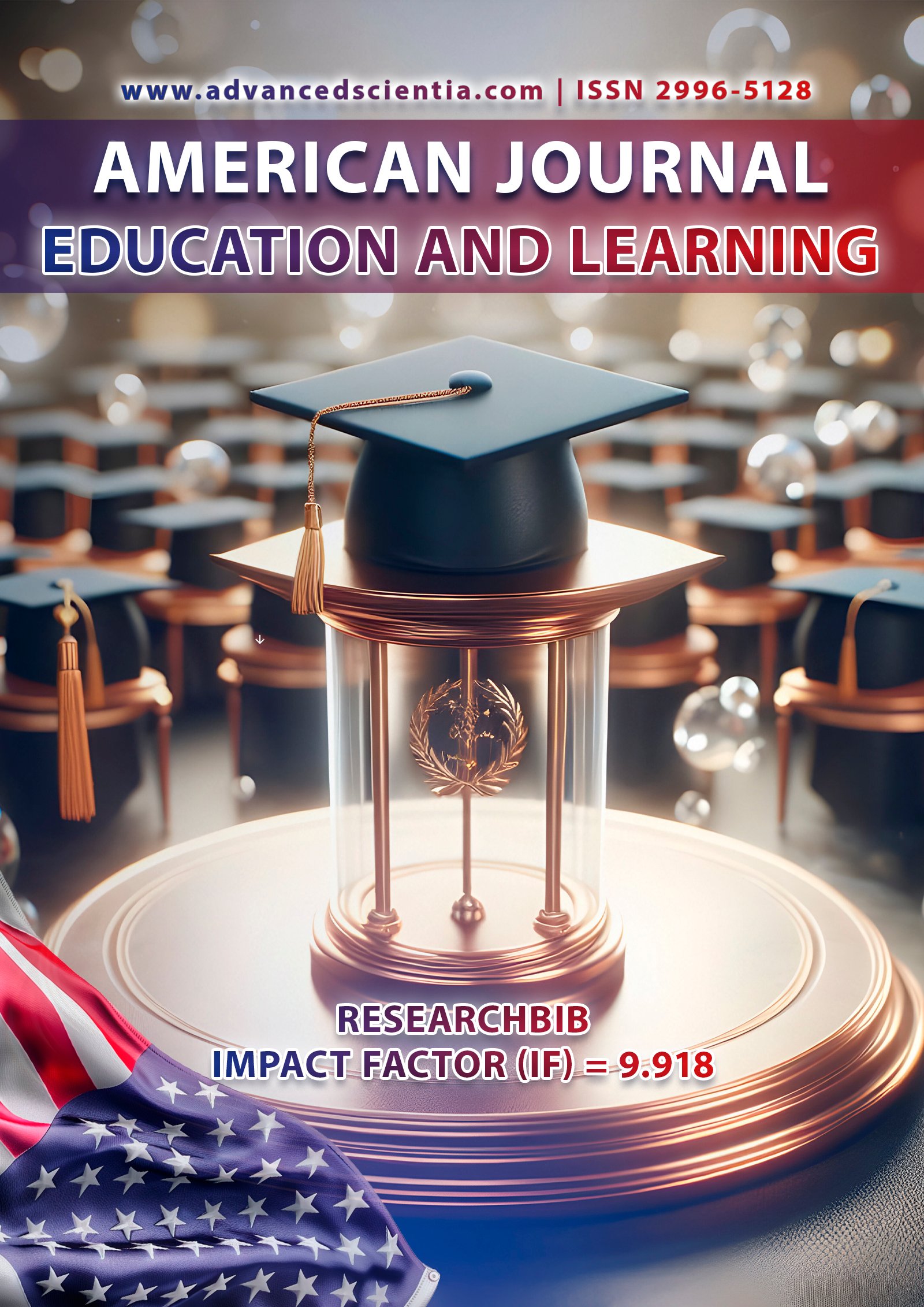VIRTUAL AND TRADITIONAL LEARNING IN HIGHER EDUCATION IN UZBEKISTAN: A SYSTEMATIC REVIEW OF COMPARATIVE STUDIES.
Abstract
With the rapid development of digital technologies, higher education in Uzbekistan is undergoing an active transformation related to the integration of virtual learning alongside traditional methods. This systematic review aims to compare the effectiveness of virtual and traditional learning in higher education institutions in Uzbekistan, based on existing empirical studies. The analysis considers aspects such as students' academic performance, level of engagement, accessibility of educational resources and learner satisfaction. The article also discusses the main challenges and prospects for the implementation of online learning in higher education institutions of the country. The results allow drawing conclusions about the strengths and weaknesses of both learning formats, as well as providing recommendations on how to optimize the educational process in the conditions of digitalization.
References
1. Ministry of Higher Education, Science and Innovations of the Republic of Uzbekistan. (2023). Statistical report on the state of higher education in Uzbekistan. Access: [https://www.edu.uz](https://www.edu.uz)
2. Nam A.L., IMPROVING PROFESSIONAL COMPETENCIES OF TEACHERS OF TECHNICAL HIGH SCHOOLS IN HIGHER EDUCATION INNOVATION // Finnish International Scientific Journal of Education, Social Sciences and Humanities. - 2023. - Т. 11. - №. 4. - P. 1599-1608. https://doi.org/10.5281/zenodo.7868740
3. Nam Anjela Lvovna. "Management of the educational process of universities with the help of electronic services." ACADEMICIA: An International Multidisciplinary Research Journal 12.4 (2022): 493-497. http://dx.doi.org/10.5958/2249-7137.2022.00314.7
4. Nam, A. L. The relevance of the introduction of e-learning in the system of higher education of the Republic of Uzbekistan / A. L. Nam. - Text: direct // Young scientist. - 2018. - № 22 (208). - С. 341-343. - URL: https://moluch.ru/archive/208/51061/ (date of reference: 24.04.2023).
5. Aliyev, Sh. H., & Karimova, N. A. (2021). The impact of distance learning on students' academic performance in higher education institutions of Uzbekistan. Bulletin of Higher Education of Uzbekistan, 4(2), 35-47.
6. Yusupov, D. T. (2022). Comparative analysis of traditional and online learning: Problems and prospects. Science and Education in the XXI Century, 9(3), 112-124.
7. World Bank. (2021). Higher Education Development in Uzbekistan: Challenges and Opportunities. Retrieved from [https://www.worldbank.org] (https://www.worldbank.org)
8. Ismailova, S., & Tursunov, B. (2023). The Impact of Digital Learning on Student Engagement in Uzbekistan's Universities. *International Journal of Educational Technology, 15(1), 45-60.
9. UNESCO. (2022). The Future of Higher Education in Central Asia: Digital Transformation and Accessibility. Retrieved from [https://www.unesco.org] (https://www.unesco.org)
10. Khamidov, R. J. (2020). The use of information and communication technologies in higher education in Uzbekistan. Modern Technologies in Education, 6, 78-89.
11. OECD. (2021). Education in Uzbekistan: Reforms and Digitalization Trends. Retrieved from [https://www.oecd.org] (https://www.oecd.org)
12. Abdullaev, I. A. (2023). Advantages and disadvantages of distance learning in higher education in Uzbekistan. Pedagogical Sciences and Innovations, 5(1), 90-102.






















